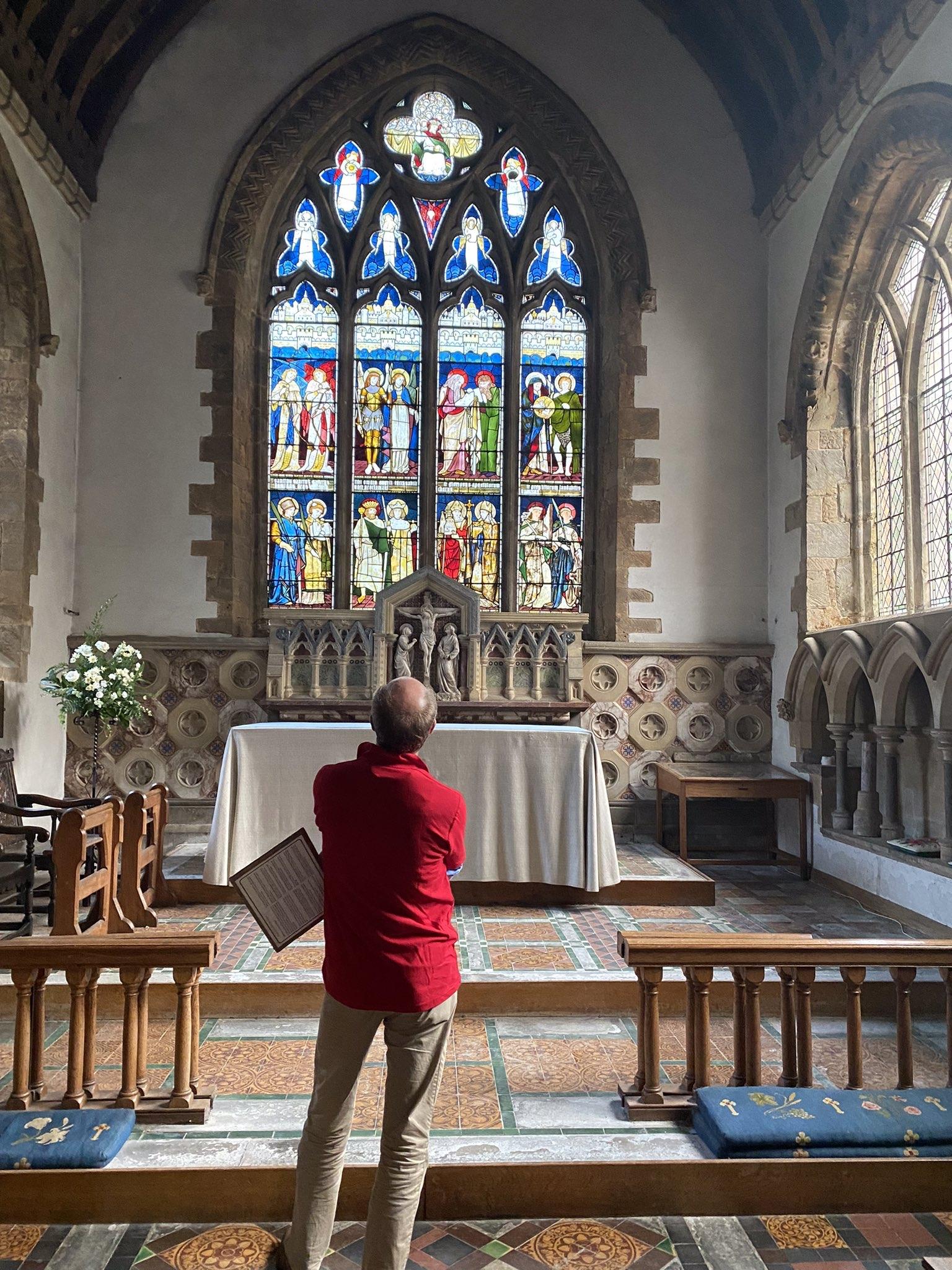The future of church buildings is our biggest heritage challenge. The National Churches Trust is doing all it can to raise awareness of the vital importance of The Listed Place of Worship Grants Scheme and to urge the UK Government to renew this vital scheme.
Read the letter Sir Philip Rutnam, Chair of the National Churches Trust, sent to the Treasury in which he calls for the UK Government to renew the Listed Places of Worship Grants Scheme. You can also use it as a template to contact your own MP to ask them to renew it, or read our letter published in The Times for talking points, entitled 'Plea for Churches'.
Sir Philip’s letter to the Chancellor
"I am writing to you directly because I want to ensure that you and your team are aware of a decision that needs to be taken in the Budget on 30 October. This is not an issue with any major fiscal consequences, but it does have real long-term significance for voluntary activity across the UK, and for the future of the country’s heritage.
The issue is about whether or not to renew the Listed Places of Worship Grant Scheme – a scheme which allows listed places of worship (of all faiths) across the UK to reclaim the VAT that they pay on repairs.
This scheme was introduced by Gordon Brown in 2004 because he was concerned about the impact of changes to VAT on the future of these buildings and what happens inside them. Since then, it has been renewed by every government in power, but now a new decision needs to be made because the current commitment ends in March 2025.
The cost of the scheme is typically £25-40 million a year, which forms part of DCMS’s budget. But its strategic significance goes far beyond this – and I would urge the Government to renew the scheme for at least a further three years as a consequence.


